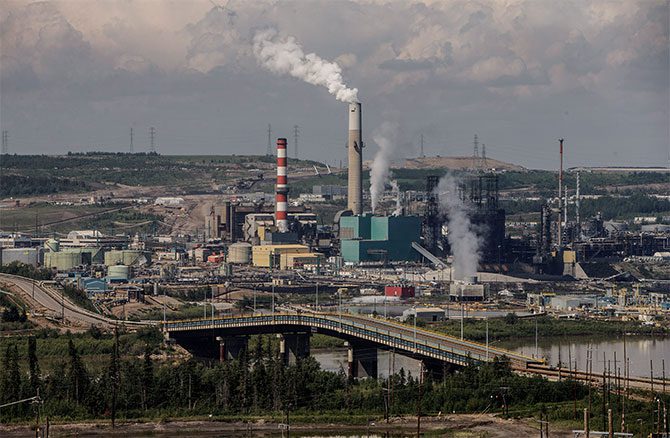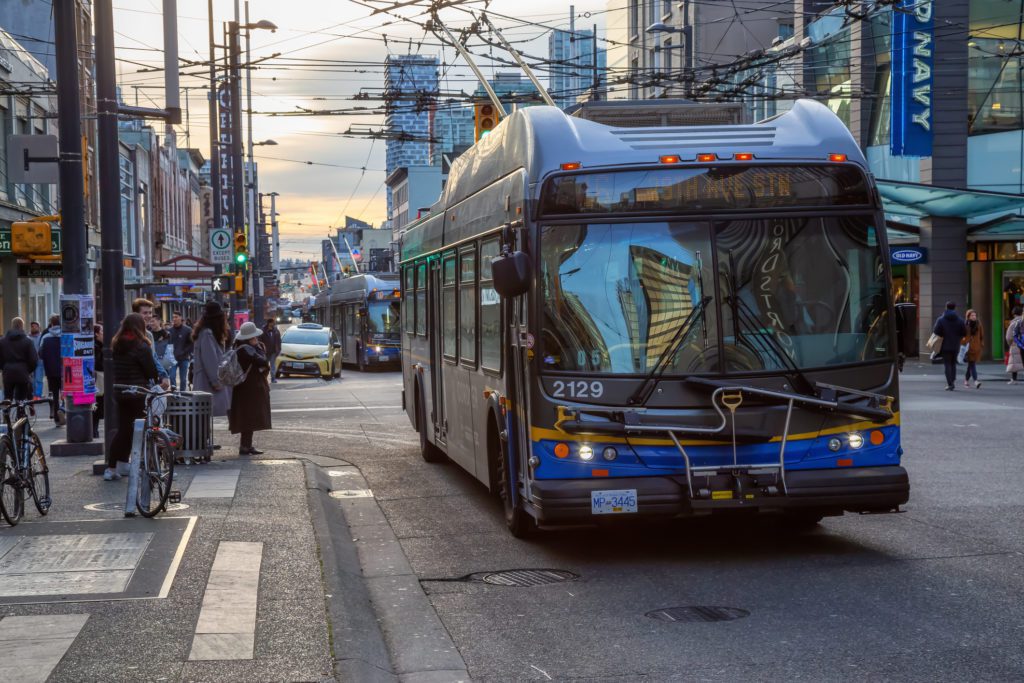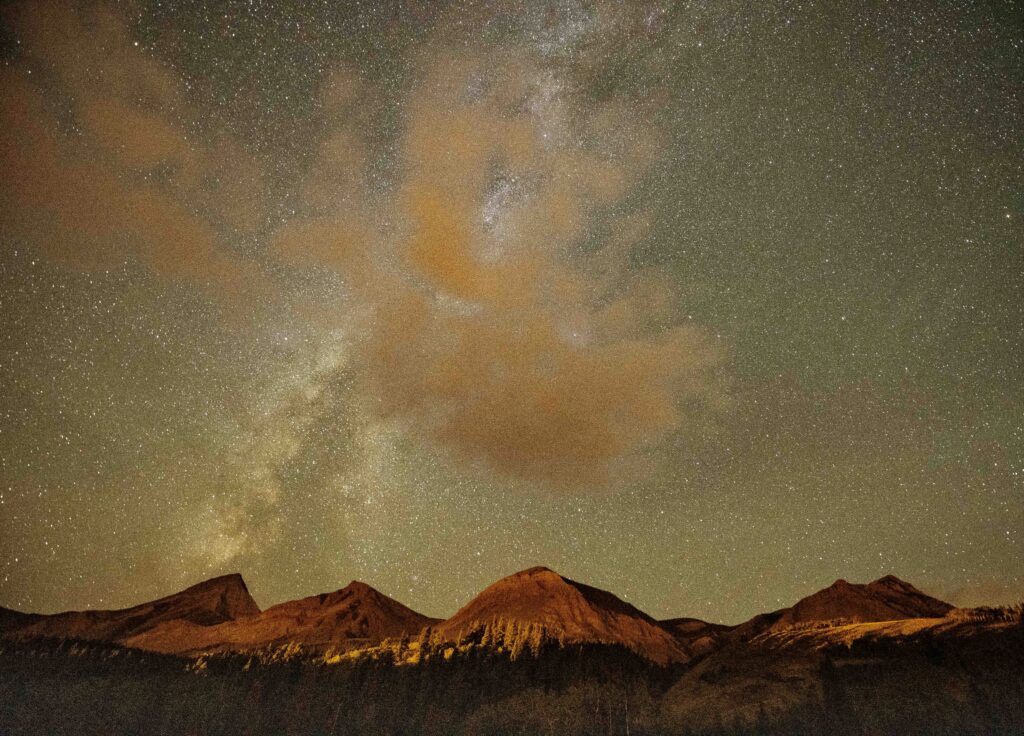Statement from Aliénor Rougeot, Program Manager, Climate and Energy
Toronto | Traditional territories of the Mississaugas of the Credit, the Anishinaabeg, the Haudenosaunee, and the Huron-Wendat – Oil companies’ irresponsible behaviour is now forcing Indigenous communities downstream of the site to consider a risky proposal: accepting the release of toxic industrial wastewater into the Athabasca River and its tributaries.
This is a shameful example of environmental racism in Canada. Successive federal and provincial governments have approved every project in the tar sands for decades without any regard for how it would affect the Indigenous communities downstream. Now that the problem has grown to an overwhelming 1.4 trillion litres of toxic waste, it is impossible to ignore. Yet, the burden of finding safe solutions is being unfairly placed on the affected communities.
Today’s update comes mere weeks after a massive leak from Imperial Oil’s toxic tailings posed a significant threat to the water and food supplies of several downstream communities. It is worrisome that there is still no credible plan to deal with the toxic tailings problem. Flushing the water down the Athabasca River isn’t the only way to deal with the toxic tailings, but it is the cheapest one, which is why the industry has been pushing for it.
The option of release must be taken off the table, and the oil industry should not be allowed to pump more toxic waste into the tailings until they have proved they have a safe solution to clean them up.
Background information:
- Oil companies in the tar sands created massive lakes of toxic sludge, known as tailings ponds, without a plan for how they would clean them up.
- Downstream communities have repeatedly publicly opposed the idea, as there is no evidence that release is safe for their health and for the environment.
ABOUT ENVIRONMENTAL DEFENCE (environmentaldefence.ca): Environmental Defence is a leading Canadian environmental advocacy organization that works with government, industry and individuals to defend clean water, a safe climate and healthy communities.
– 30 –
For more information or to request an interview, please contact:
Paula Gray, Environmental Defence, media@environmentaldefence.ca, 705-435-8611






